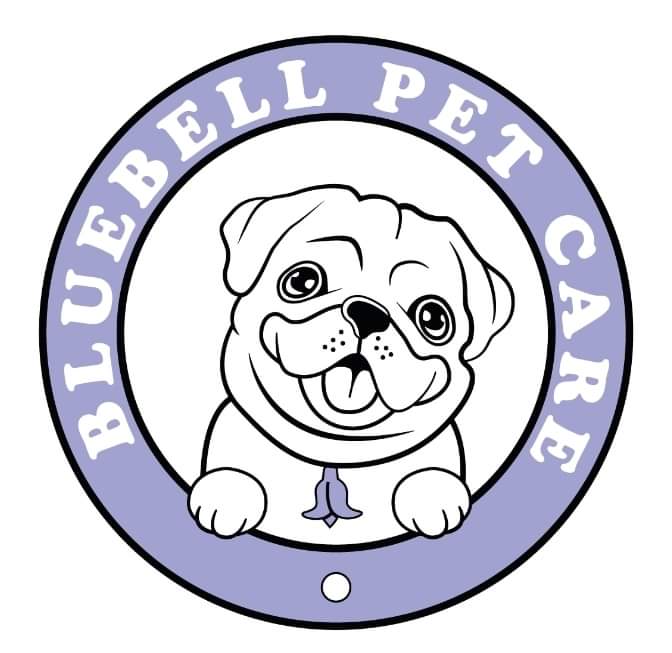Emergency Vet Care Over the Holidays: What Dog Owners Should Know
- Aubrey Oiller

- Nov 26, 2024
- 2 min read
Updated: Nov 30, 2025
The holiday season... A time for joy and celebration, but it’s also a period when routine schedules shift, and many businesses, including veterinary practices, may be closed. Accidents and sudden health issues can still happen, so being prepared for emergencies is crucial for every dog owner.
I would know, It's happened to me! One of my pugs had a choking incident on Christmas day! Thankfully my training saved him and he went on to spend many more Christmases with us. Without my pet first aid training, I don't think he would have made it.
Here’s what you need to know to keep your dog safe during this busy time.

Finding Emergency Vet Care
When your regular vet is unavailable, knowing where to turn can save valuable time. Here’s a quick checklist to ensure you’re prepared:
Research Local Emergency Clinics: Look up 24-hour vet clinics or emergency hospitals in your area and save their contact details in your phone. For Ashford, Kent, it is VetsNow in Kingsnorth.
Confirm Holiday Hours: Some emergency clinics may adjust their hours during holidays. Call ahead or check their website for any changes.
Ask Your Regular Vet: Many practices have partnerships with emergency clinics or offer an after-hours service. Find out what options they recommend.
Map the Route: Familiarise yourself with the quickest route to the emergency clinic to avoid delays in a crisis.
Understand Costs: Emergency care can be much more expensive than routine visits. Knowing what to expect can help reduce stress during an already worrying time.
Preparing for Emergencies
Being proactive can make all the difference in an emergency. Here are steps you can take to be ready:
Create a Canine First-Aid Kit: Include essentials like bandages, antiseptic wipes, a digital thermometer, tweezers, and any medications your dog regularly takes. We have comprehensive kits on our shop.
Know Basic First Aid: Learn how to handle emergency issues, such as cuts, choking, or CPR. A pet first-aid course can be invaluable. Book one of our courses here.
Keep Emergency Contacts Handy: Write down the numbers for your regular vet, the nearest emergency clinic, and an animal poison helpline. Place these in your first-aid kit and save them in your phone.
Monitor Your Dog’s Environment: Holidays bring new hazards, from festive foods to decorations. Keep chocolate, cooked bones, and electrical cords out of reach.

Signs Your Dog May Need Emergency Care
It’s not always obvious when a dog requires urgent medical attention. Be vigilant for signs such as:
Difficulty breathing or persistent coughing
Vomiting or diarrhoea, especially if it contains blood
Sudden lameness or inability to walk
Pale gums or signs of severe pain
Collapse, seizures, or loss of consciousness
If you’re ever unsure, it’s always better to call a vet for advice rather than wait and see.
Stay Calm and Prepared
Dealing with a pet emergency is always stressful, but being organised can help you act quickly and decisively. A little preparation goes a long way in protecting your dog’s health and wellbeing, especially during times when regular services may be unavailable.
If you’d like advice on building a first-aid kit or finding a pet first aid near you, get in touch—I’m here to help!



Comments